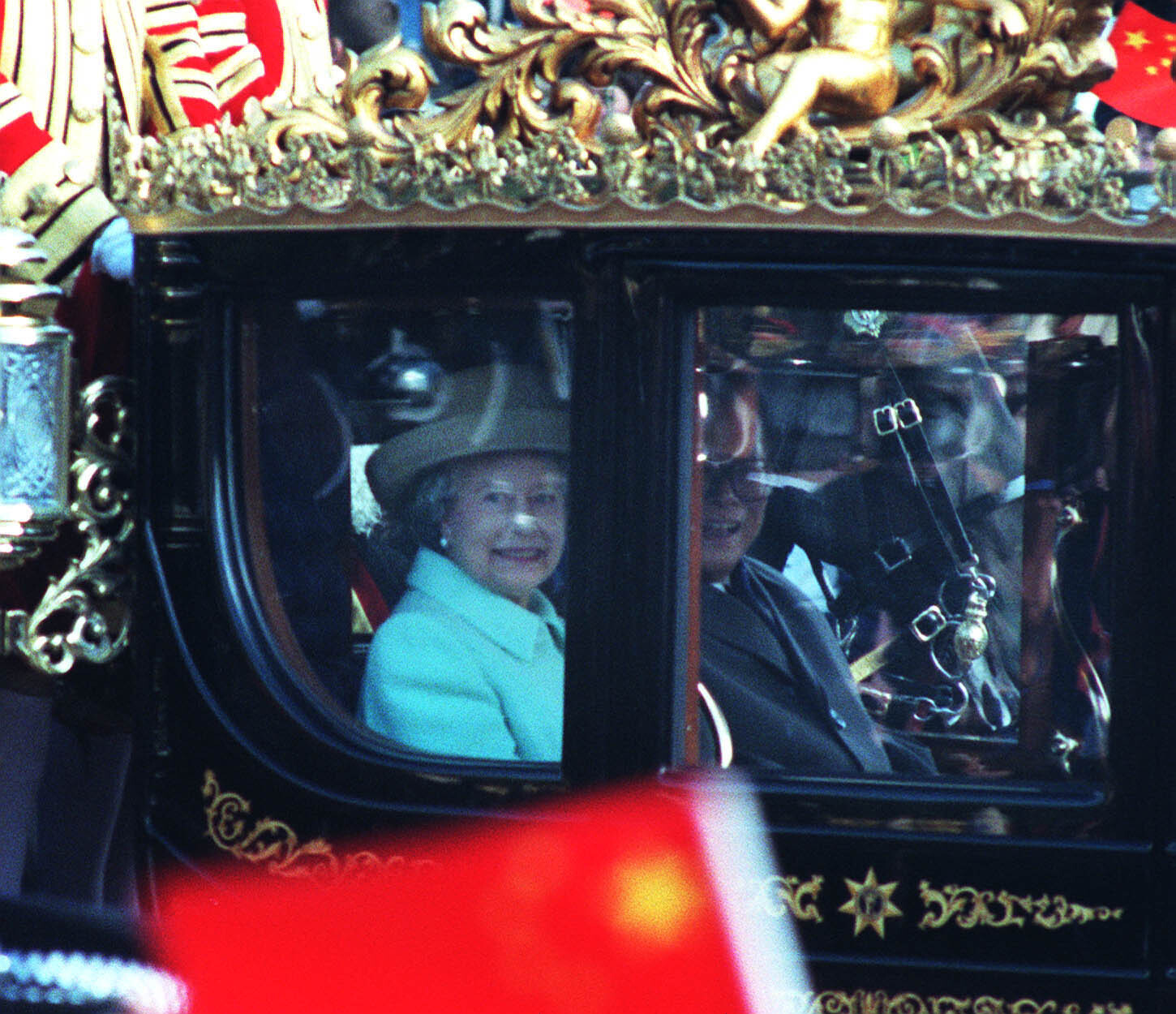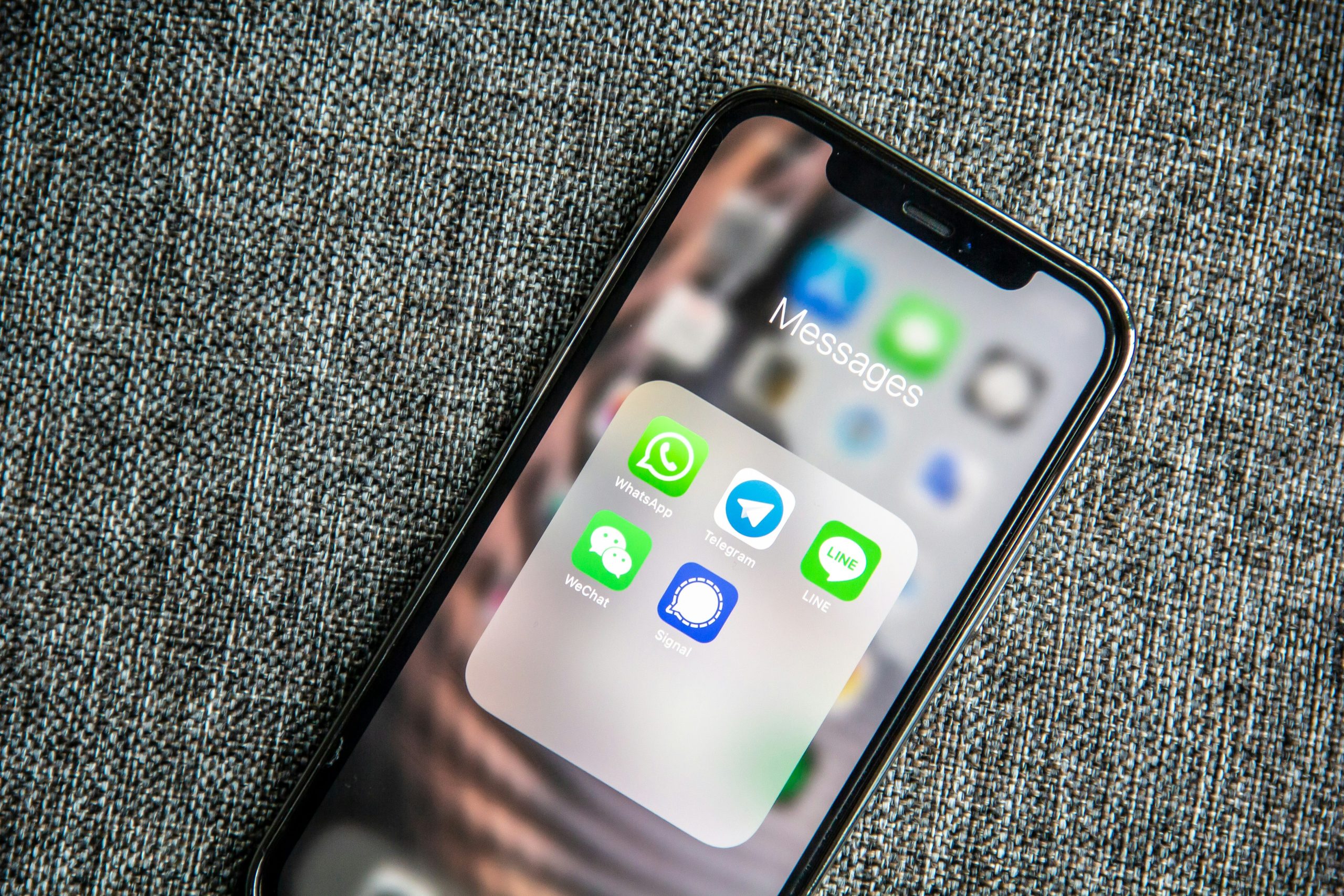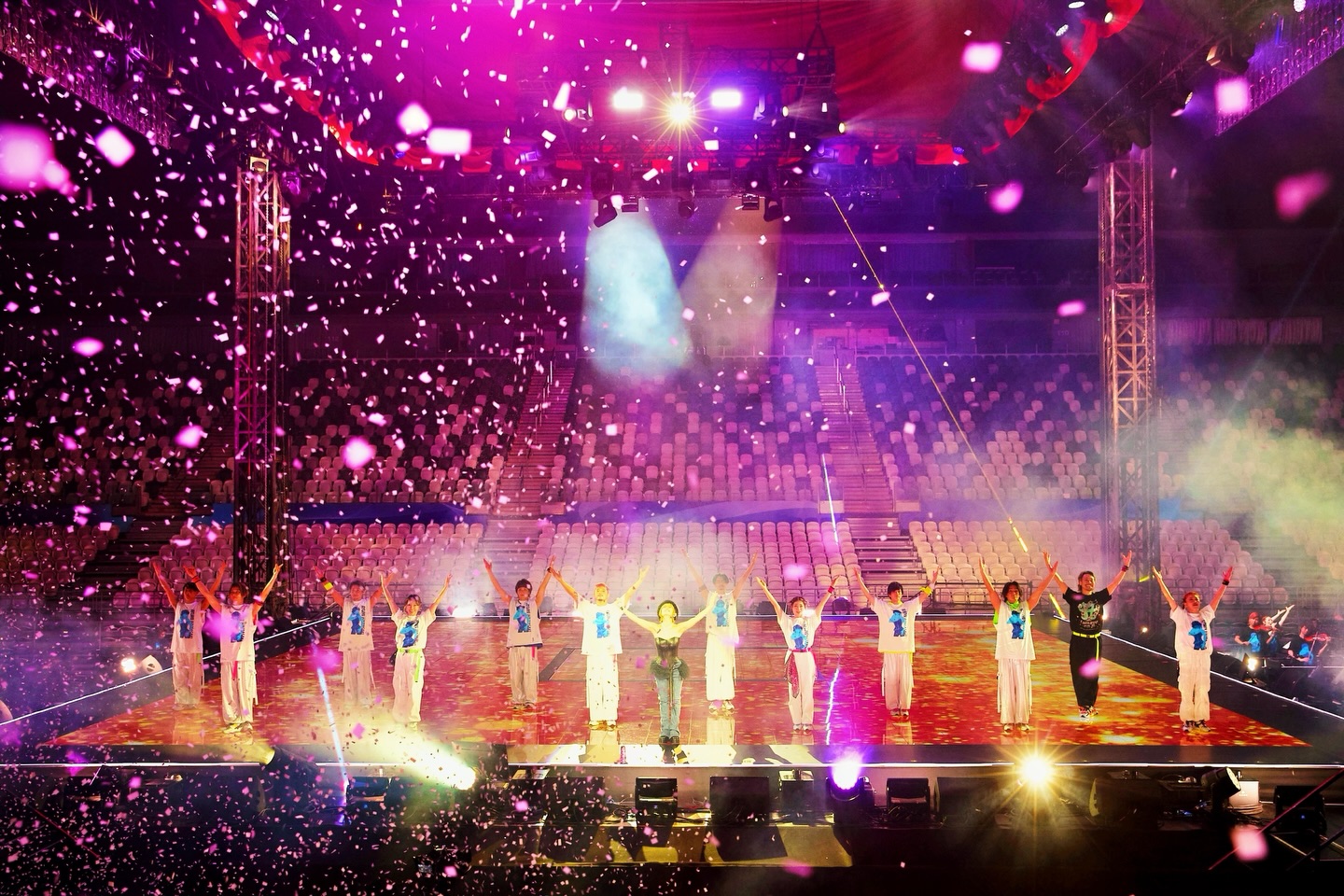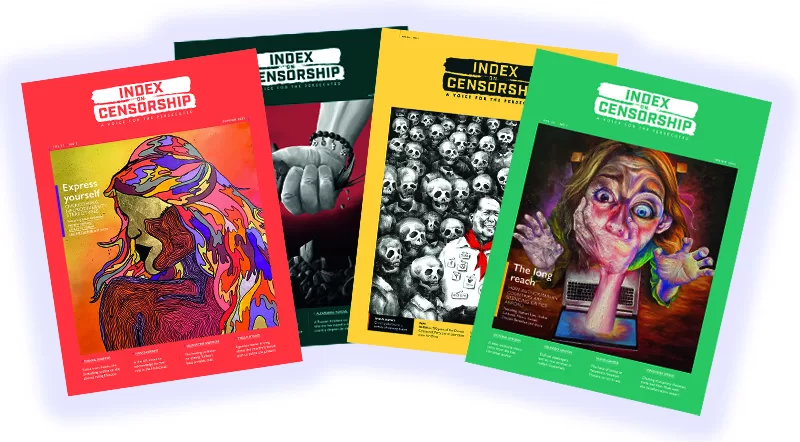In October 1999, a crowd gathered outside Buckingham Palace to jeer at Jiang Zemin, then China’s president as he ate dinner inside with Queen Elizabeth. “Free Tibet!” and “Nazi China,” they shouted. For Jiang, who was known to be sensitive to criticism (he had earlier told Swiss lawmakers that they had “lost a good friend” after they declined to quash similar protests) it was surely an uncomfortable moment. It was also a sign of a robust democratic principle: the right to peaceful assembly and protest.
I lived in Guangzhou at the time and watched coverage of Jiang’s UK visit on Hong Kong terrestrial TV, beamed from across the border about 130km away. But at just the point where cameras panned over the protestors and their placards, the screen was abruptly replaced with a test card. I later learned that beetle-browed apparatchiks spent their days waiting to pounce on any broadcast that offended mainland sensibilities. Like the Stalinist cult of Soviet Russia, China could not endure the friction of free expression.
Censorship this crude can be grimly funny. Blanking TV screens is an electronic update of photographic ‘retouching’, when Soviet bureaucrats diligently scratched out images of political figures who had been purged or executed by the regime of Joseph Stalin. In the late 1980s, British television producers hired voice actors to precisely mimic Sinn Fein politicians in a creative attempt to work around a government ban on terrorist spokespersons. But it was hard to find much humor in China’s didactic prohibitions, except for the unintentional kind.
I taught at the Guangdong University of Technology until 2000. In the evenings I would traipse to the university internet centre, a crowded room full of battered old computers to send emails home. Large signs on the wall warned against browsing for anything to do with politics, religion or sex. In the classroom I was also instructed to avoid those taboos. It was made known to me that a cadre from the Communist Party was in the classroom ready to flee to the dean should I break the rules, for which I would be fired and sent home.
The state graduated from these primitive attempts to restrict internet searches to erecting the Great Chinese Internet Firewall, one of the world’s most sophisticated systems of online censorship. YouTube and Facebook were banned in 2009, later Google, Dropbox and Wikipedia. Foreign newspapers (including my own – The Economist and The Independent) and the New York Times have been repeatedly blocked, domestic journalists imprisoned, foreign journalists intimidated or kicked out.
One of the bleakest developments of the last decade has been watching the dead-hand of this official repression seep into Hong Kong. The province was hardly paradise – crowded, venal and with eye-popping disparities in wealth. Nevertheless, its cinemas, newspapers and bookstores did not live in fear of being gagged or shut down. One of the first books I bought there was The Private Life of Chairman Mao, a memoir by Mao’s doctor Li Zhisui, which chronicles, among other things, the Chinese leader’s alleged fondness for sex with young girls.
Long before the National Security Law (NSL) dropped like a dirty bomb in the summer of 2020, bookstores and public libraries were removing critical titles about Mao, history, the 1989 Tiananmen Massacre and the democracy movement. The closures last year of the anti-communist Apple Daily, Hong Kong’s largest-selling newspaper, and online website Stand, which scrubbed all its old articles, are only the tallest trees to be toppled by the law.
Programmes have been cancelled and reporters sacked, moved or banned from covering press events. Foreign journalists, such as Aaron McNicholas, a former Bloomberg reporter from the same Irish town as myself (Clones) have had their visa applications rejected (he was forced to return home in September 2020). Radio Television Hong Kong (RTHK), the public service station I used to watch while in Guangdong, has pulled back from interviews and removed archives that might trigger the censors.
Self-censorship is the worst kind, said the Czech-born movie director Milos Forman, because it twists spines, destroys character and turns us into hypocrites. It’s also the “goal” of all repressive regimes, said one Hong Kong-based journalist. “You start to question yourself whether that story you’re researching is still doable in light of the NSL,” said the journalist who requested anonymity. “They can slice and dice that law in whatever way they wish, and if you cross the line, you can be arrested and denied bail.”
More reporters are getting the message. In the last month, over half a dozen have reportedly quit the newsroom of The South China Morning Post, once one of the crowns in Rupert Murdoch’s empire, now owned by Alibaba, a Chinese internet company run by billionaire Jack Ma. Ma disappeared from public view for three months in November 2020 after he criticised the country’s creaking financial system. Many will have surely heeded the lesson: if China’s richest man can be brought to heel, who cannot.
Hong Kong’s chief executive, Carrie Lam, has punctuated this historic assault on a first-world media with a series of surreal statements denying it is happening. In January, she said her government did “not seek to crack down on press freedom.” Last year, in a Trumpian touch, she said her government was the “worst victim” of fake news, the prelude to what many fear will be more legislation targeting the internet.
As the scale of the government’s ambitions to throttle free expression became clear, Lam insisted that journalists were safe – as long as they obeyed the security law. Of course, as media watchdog Reporters Without Borders noted, the scope of the four new offences that can be wielded against journalists – secession, subversion, terrorism and collusion with foreign powers – is so “deliberately vague and catch-all” as to make all but government stenography a dangerous proposition (life imprisonment is the mandated punishment).
Beyond the silenced reporters, activists and politicians, various sectors of Hong Kong society, such as unions, are “quietly shutting down”, said the anonymous journalist, citing “fear of repercussions”.
“That bedrock of civil society is slowly – actually quickly – being eroded,” he said.
One of the last public memorials to the Tiananmen incident – a statue of piled-up corpses to commemorate those killed – was removed from the University of Hong Kong in December. “Hong Kong has now become a place where those who speak out against such draconian measures await the midnight knock,” writes Michael C Davis, a professor of law at the university until 2016.
David Law, who also taught at the university but who recently left Hong Kong, says the removal of the ‘pillar of shame’ was a shock. “It isn’t necessarily the most telling event but it is the most visible, something that people saw and remember and can relate to as a common point of reference – literally a landmark,” he says. “It has been valuable for getting people to literally see what is happening. Symbols do that.”
I was last in Hong Kong in 2013, on a book tour, giving a couple of talks on the Fukushima nuclear accident that had occurred two years previously. I had been invited by activists campaigning for the closure of the Daya Bay Nuclear Power Plant across the border in Guangdong. I wrote back to them this month as I was researching this article, asking if the new law had affected their activities, but I got no reply. It’s possible they hadn’t received my mail – or that they cannot respond. That’s what happens when everyone is afraid.
Pondering all this over the last week, I recalled gleefully smuggling my Mao book back across the border in late 1999 and debating with my wife whether to teach it in journalism class, which I eventually did.
I’d love to frame this decision, which broached two of three of the university’s banned topics, as a daring jab at the censors, or a pedagogic exercise in challenging perspectives – but I was mostly curious about the reaction of my students. They had been taught a precise formulation on Mao’s rule – 70% good, 30% bad – a calculation that included nothing about his sexual proclivities. In the end, one or two were furious at this new information but if the dean got wind of it, I never heard. Perhaps the university was short of teachers.
Or perhaps the students knew already. One of the surprises of being in China was the knowing cynicism and dry humour that peppered chats about the country’s rulers. It would be good to be able to talk again to my now middle-aged students about how such cynicism finds expression in the age of Xi Jinping. As we know, attempts to use online euphemisms and code, such as images of Winnie the Pooh to lampoon the tubby tyrant have been squashed, proving again that despotism and humorlessness are natural partners, and, as British contrarian Christopher Hitchens once said, censorship inevitably degenerates into absurdity and corruption.





